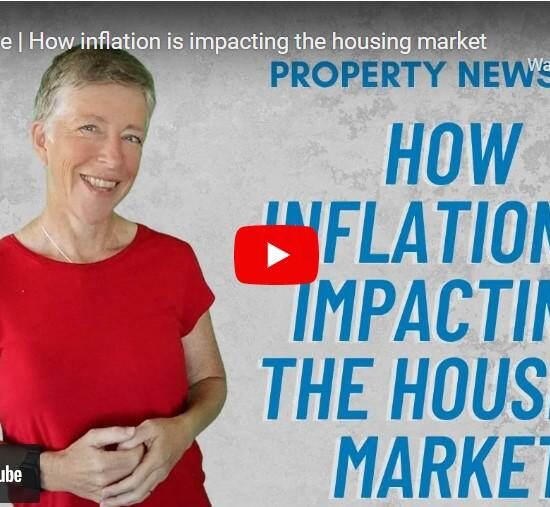
By Nicola McDougall, Editor, The Female Investor
Buyers are being encouraged to base their comparable sales data research on monthly, rather than quarterly figures to avoid being victims of underquoting, according to Australia’s leading professional body of buyer’s agents.
“In a rising market while we can’t predict the strength of the capital growth figure, we can factor in a heightened seller’s market when appraising a property,” Real Estate Buyers Agents Association (REBAA) president Cate Bakos said.
“Underquoting is much easier to identify because the agent’s quote should be based on recent comparable sales. If the recent sales they are citing are inferior or too outdated, then a savvy buyer will spot this.
“If a buyer is in doubt about the relevance of the quote range, they should ask the agent to suggest which recent comparable sales they would consider reliable data points to base their pricing research on.”
Underquoting in real estate relates to the misleading practice of advertising a property for sale with a suggested price guide, suggesting to consumers that a property could sell for a price that is either below its market value, or below a figure that the agent is aware a vendor would deem unacceptable.
Ms Bakos said while price guide legislation varied between states and territories, the problem was relatively endemic across many cities in our nation.
She said while underquoting was illegal, there were still many legal loopholes that existed in current legislation, particularly in Victoria.
“In Victoria, for instance, vendors are not required to state their reserve price for an auction until moments before the auction, and some offending agencies take advantage of this by pitching the property at a price lower than that of a reasonable price expectation or a realistically anticipated reserve,” Ms Bakos said.
“The reason why vendors and agencies underquote is based on the belief that an underquoted property will attract more prospective buyers, and somehow these buyers will fall in love with the property and find a way to compete against other buyers with an increased budget,” she said.
“The reality is that many buyers find themselves shortlisting properties that are beyond their financial constraints, and this can lead to disappointment, wasted expenditure for building reports and due diligence, and lost opportunity.”
But are all selling agents dodgy? Ms Bakos defended the industry saying selling agents get blamed unfairly for their reluctance to predict a strong competitive result, and in many circumstances, vendors exercise their right to change their price expectation without prior consultation with their agent.
According to Ms Bakos, selling agents face all types of issues, ranging from angry buyers, confused vendors, disappointed past vendors who may have taken an offer too soon, stressed past vendors who have sold and are struggling to re-enter the market, and greedy vendors when the market moves.
“Underquoting is amplified by a rising market,” she said.
“Sometimes the agent’s underquoted margin, when added to a competitive and positive-trending market result, compounds the differential between the agent’s quote and the actual sale price.”
Ms Bakos recommended buyers select comparable sales within a short monthly time frame and compare like for like properties and locations, land area, and property condition.
“It’s an approximation, but it’s more helpful than living in the past and working off older, unreliable sales.”
Here are REBAA’s tips to avoid being a victim of underquoting:
1. Compare comparable properties by location, land size and condition.
2. Spend the months leading up to active bidding time, while obtaining finance pre- approval to inspect, inspect and inspect as many properties and neighbourhoods as you can.
3. Look at other similar properties in the area and see what the agent’s initial estimate price range was published at, reserve price and final recorded “sold” price is for those.
4. Consider consulting and engaging a REBAA accredited buyer’s agent to take care of the process. That way, you can “buy with confidence.”







